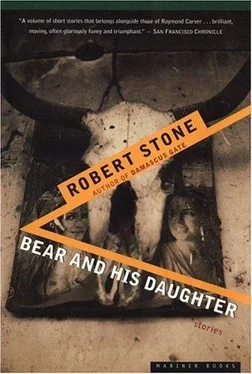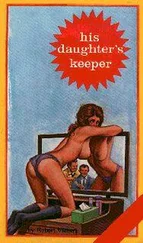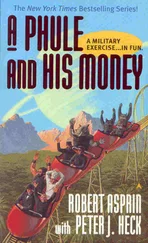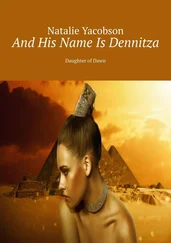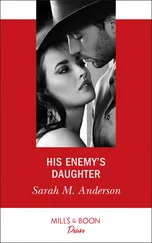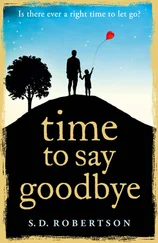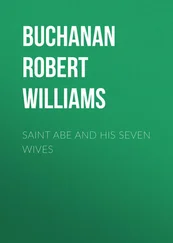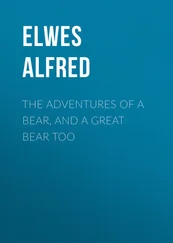“You should have tried.”
“Maybe,” John said.
They walked back to the trailer and stood over Smart’s body and Peterson looked down at what was left of him.
“Goddamn him, the filthy bastard,” Peterson said.
“Well,” John said, “she loved him.”
Peterson stared at John Hears the Sun Come Up as though he had taken leave of his senses.
“He was her father, for Christ’s sake. The scumbag.”
“He wasn’t a bad guy,” John said. “He was a good poet.”
“What the hell is your problem?” Peterson shouted. “Every goddamn thing I say you gotta contradict it? The fucking man was her father, John. The relationship was perverted. Who the hell cares about good poet or such shit?”
“He wrote a poem about salmon I liked,” John said.
Peterson sighed. “You’re a crazy Indian son of a bitch, John. I’m truly impatient with you.” He looked around the trailer a last time. “Jeez, she had every kind of queer satanic book. He bring her up that way?”
“I don’t know,” John said. “I guess.” There was no point in making Peterson angrier.
Peterson went out to his car to call the dispatcher’s office. Presently the park people would be coining out and the photographers and twelve kinds of cop and probably the press and even television.
Smart’s poem about the salmon had been folded away in Rowan’s Dictionary of Classical Mythology, and a few pages beyond it was another poem, about a bunch of American tourists falling out of the sky on a Japanese mountain. John Hears the Sun Come Up particularly liked the one about the salmon. It made him able to see very clearly the fish and the buffalo and the place Smart was writing about. It reminded him a little of Robert Frost, his favorite white poet.
He went outside and watched the dawn swell over the low mountains to the east. He thought he would sell the trailer but keep her books. It was not that he needed them for her memory — he could take care of that — but they were good books and interesting. As for the rest, there was no point in keeping any of it. People disappeared. There, in the country of the Ghost Dance, people disappeared and their songs with them. They became ghosts and their songs ghost songs. Teenagers in the Indian high school got drunk and died, disappeared forever knowing hardly anything to sustain them in the ghost world.
The powder the crystal, was death; as soon as he had seen it shining on her finger glistening with that death glow it had, under her nose, bringing the heart’s blood to her cheeks, he had known the two of them would die. Smart the poet would go to the place he had seen the salmon; people passing through might find his ghost there and hear his songs.
“Will?” he asked the silence. “Mr. Smart?” He had Smart’s manuscript in front of him. He read the first line of Smart’s salmon song.
“Like elephants, swaying.”
He might try singing it one day. Singing it in the Shoshone-Paiute language. No word for elephant, just say “elephant.”
“Rowan?”
Her, she would be out in the greasewood with the thousand poems she knew, her songs and all the stories she made up. Well set up out there in the ghost world. People alone would hear her songs and be afraid. Her eyes would, like her father’s, look out from lost blue places. High lakes at certain times of afternoon, the evening sky, the cornflower; the shad violet. Easy to bring her ghost back — burn a little sweet grass, fix her guitar maybe and play it, she would come. Her and her father; called Smart, all their songs, two poets.
